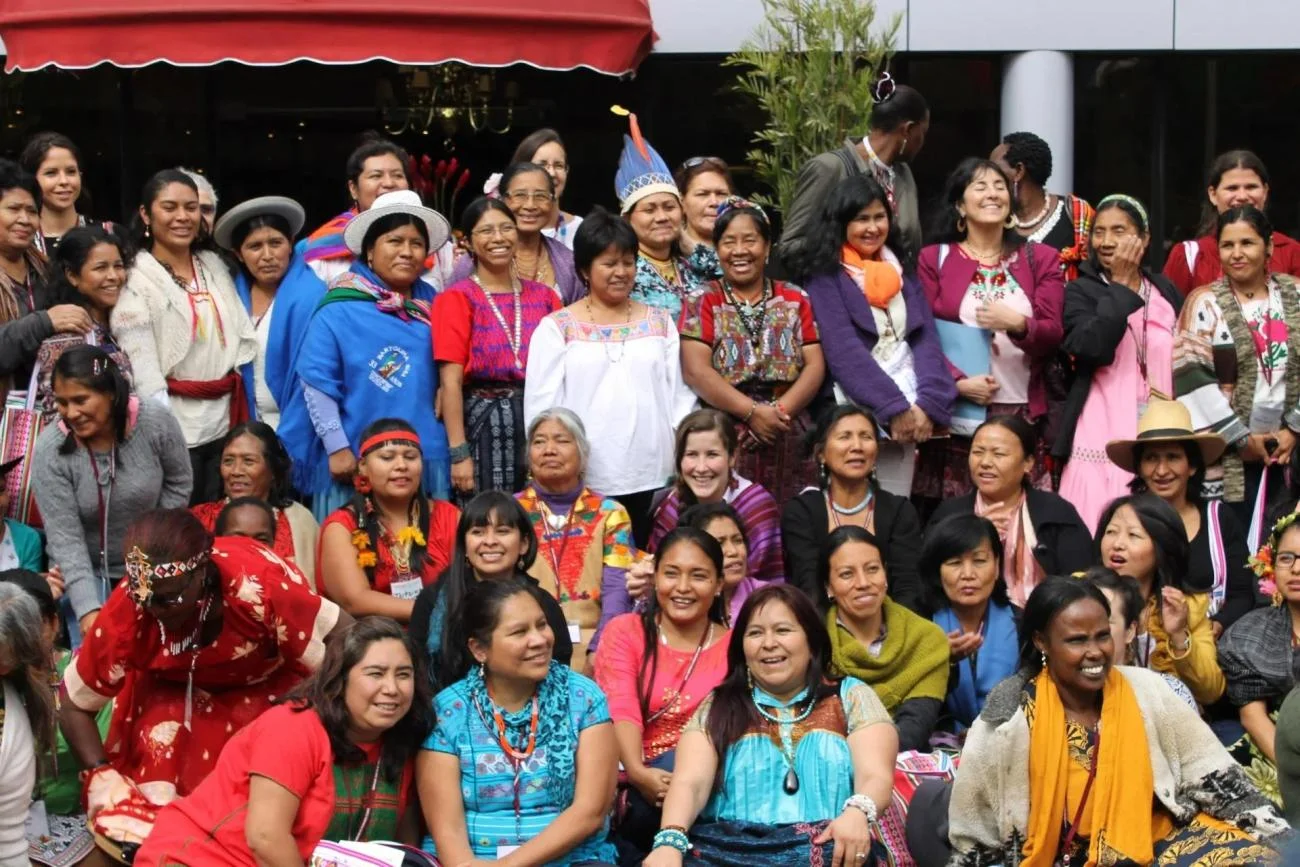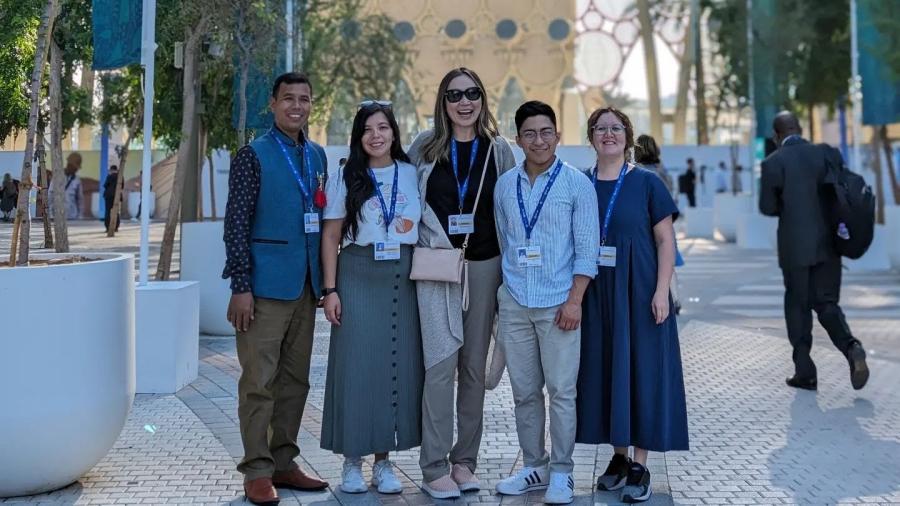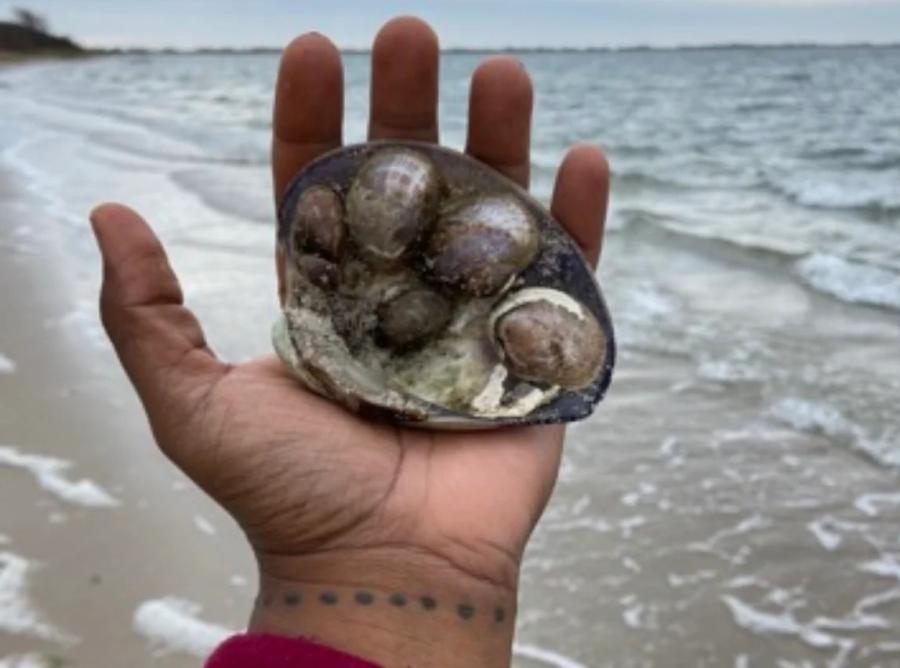
On October 26, 2022, the Committee on the Elimination of Discrimination against Women (CEDAW) adopted the long-awaited General Recommendation No. 39 on the Rights of Indigenous Women and Girls. General Recommendation No. 39 includes the first language in a binding international treaty focused on the rights of Indigenous Women and Girls and answers to an enduring call by Indigenous women for a specific instrument to further and protect their rights.
CEDAW is a group of independent international experts on women’s rights that monitors the application of the UN Convention on the Elimination of All Forms of Discrimination against Women. The Convention on the Elimination of All Forms of Discrimination against Women is the only binding international treaty that explicitly protects the rights of all women. The CEDAW Committee reviews reports from State parties, individuals, or groups who submit reports or claims about systematic infringements upon the rights of women. It has the power to open investigations and makes recommendations that must be considered by State parties in their laws and protections with respect to the rights of women and girls. However, the Convention fails to explicitly mention Indigenous women and girls, and there are no specific obligations for governments to address issues affecting them. It is thus unable to offer sufficient protection against the specific discriminations Indigenous women and girls face because of historical and continuing structural inequalities, sexism, and racism. Additionally, though the United Nations recognizes Indigenous Peoples’ right to self-determination, States regularly violate it. Thus, Indigenous women leaders and organizations from across the globe started dialogues in 2017 about the need for the CEDAW to recognize urgent issues and specific in-depth demands particular to Indigenous women and girls’ experiences and needs. These leaders have been developing the General Recommendation on the Rights of Indigenous Women and Girls, which responds to the growing struggle for greater inclusion, protection, and strengthening of the rights of Indigenous women and girls.
When government parties to the Convention submit reports enumerating progress on addressing discrimination against women, they are obligated to include information required by CEDAW. The Convention includes General Recommendations to give guidance and establish legally binding obligations to a government party. Despite that, before now, there was no general recommendation on the individual and collective rights of Indigenous women and girls nor one that determined that States have the specific responsibility to tackle issues that impact them.
In May 2022, over 50 Indigenous women from 21 countries belonging to 33 different Indigenous Peoples convened in Tlaxcala, Mexico for a Regional Consultation on General Recommendation No. 39 organized by the National Institute of Women of Mexico (INMUJERES), UN Women, the Office of the United Nations High Commissioner for Human Rights (OHCHR), the CEDAW, the International Indigenous Women’s Forum (FIMI), and UNICEF. The contributors to the CEDAW General Recommendation hope its adoption will initiate a process wherein States will implement public policies and programs that ensure Indigenous women’s and girls’ individual and collective rights.
“Indigenous women and girls are disproportionately affected by gender-based violence, as well as inequality and discrimination, and remain beset by limited access to justice, education, decent employment and healthcare, simply because of who they are,” said Gladys Acosta-Vargas, the Chairperson of CEDAW. “Discrimination against Indigenous women and girls is unacceptable and must be meaningfully addressed by all States by removing all the structural barriers they are faced with and ensuring that their individual and collective rights are fully respected.”
Galina Angarova (Buryat), Cultural Survival Executive Director, shared “Cultural Survival congratulates our partner organizations, Indigenous women, activists, and Indigenous community representatives who have achieved this important victory and milestone for recognizing Indigenous women’s rights. This decision does not only benefit Indigenous women and Indigenous Peoples, it will benefit everyone in the larger society and the planet, since Indigenous women play crucial roles in climate change adaptation and mitigation, biodiversity protection, transfer of traditional knowledge and Indigenous languages, and are the backbones of our communities.”
The General Recommendation will now direct State parties to the Convention to apply concrete measures to rectify and eliminate historical discrimination and violations of the rights of Indigenous women and will emphasize the crucial role Indigenous women play in maintaining their cultures, languages, and traditions. Further, the General Recommendation acknowledges Indigenous women’s leadership and drive for taking action to safeguard the environment and biodiversity and fight against climate change.
Read the General Recommendation No. 39 on the Rights of Indigenous Women and Girls



